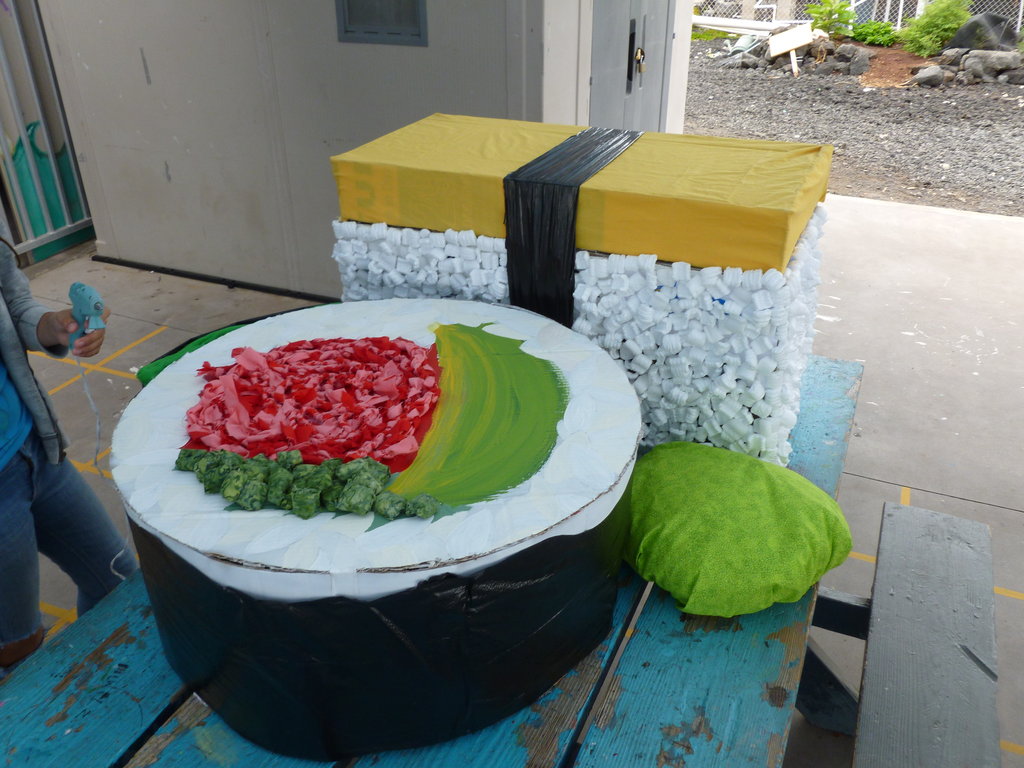I spent the five happiest years of my life in a morgue. As a forensic scientist in the Cleveland coroner’s office I analyzed gunshot residue on hands and clothing, hairs, fibers, paint, glass, DNA, blood and many other forms of trace evidence, as well as crime scenes. Now I'm a certified latent print examiner and CSI for a police department in Florida. I also write a series of forensic suspense novels, turning the day job into fiction. My books have been translated into six languages.
Being 'on call' and knowing you can be interrupted at any moment of the day and have to go to a crime scene, even if it's the middle of the night or a holiday. Having to get up once or twice during the night after working 10-12 hours and knowing you have to work those hours for another day or two is pretty disheartening. I've also had to change vacations because I have to testify in a trial. I hate that.
That would depend entirely on the circumstances and method of murder, wouldn't it? If they are such that it would be impossible for the person to have died by accident, suicide, or of natural causes, then murder would be suspected.
Was she washed up out of the water or found on a dock or something? In the first case it wouldn't be interpretable because you can't know where the body was when rigor set in. In the second it might indicate that the body had been moved if the hand position wasn't consistent with where the body was found. I don't know what you mean by 'refreshness'. Stomach contents can help a pathologist estimate how long it had been between eating and time of death, though of course everyone's digestion rate is a little different. I hope that helps!
First of all, no teacher should ever tell you you're 'not smart enough' for a field.
Second, not all forensic work involves a great deal of biology--really only DNA analysis and serology do. Toxicology will require a good chemistry background. But specialized fields such as latent prints, crime scene investigator, questioned documents, digital evidence, ballistics and impression evidence would use little to no biology.
If a formal degree becomes a problem, you might want to see if you can start out in an Evidence/Property area and work up from there.
Best of luck!
Hotel Employee
 Can you give guests room upgrades at your sole discretion?
Can you give guests room upgrades at your sole discretion?
Sushi Chef
 Is there THAT much difference in quality between the fish served at mid-range vs high-end places?
Is there THAT much difference in quality between the fish served at mid-range vs high-end places?
Casino Marketer
 What would be some less obvious ways someone could save money on a Vegas trip?
What would be some less obvious ways someone could save money on a Vegas trip?
That depends on what you want to go into. If you want toxicology, go with chemistry. If you want serology or DNA, go with biology. If crime scene, general forensic science.
Yes. It's not common, but prints have been lifted using superglue or the more recent RTX. The best areas would be those that are smooth, clean and largely free of hair.
They might. I couldn't say for sure one way or the other.
-OR-
 Login with Facebook
Login with Facebook (max 20 characters - letters, numbers, and underscores only. Note that your username is private, and you have the option to choose an alias when asking questions or hosting a Q&A.)
(A valid e-mail address is required. Your e-mail will not be shared with anyone.)
(min 5 characters)
By checking this box, you acknowledge that you have read and agree to Jobstr.com’s Terms and Privacy Policy.
-OR-
 Register with Facebook
Register with Facebook(Don't worry: you'll be able to choose an alias when asking questions or hosting a Q&A.)